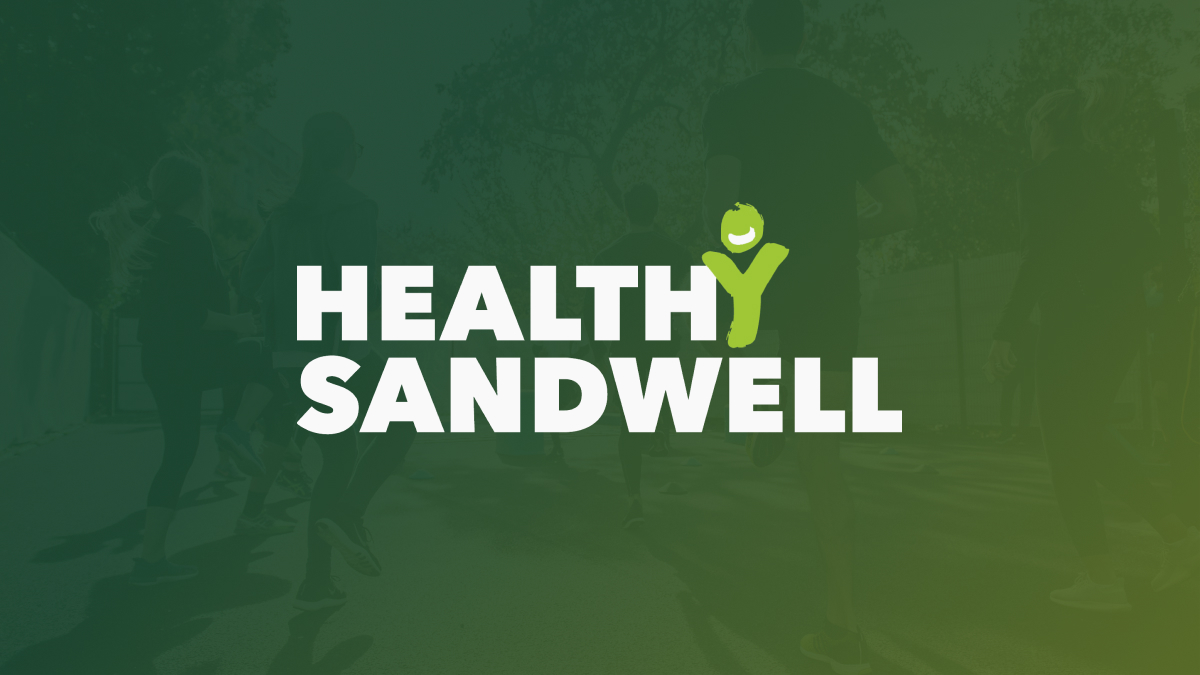For Professionals
If you’re a professional working in Sandwell, here’s where you can find training opportunities and the reports and strategies for our services.

Care Home Support
Sandwell Faith Sector Network
Drug and Alcohol Strategy
Mental Health and Wellbeing Training
Suicide Prevention Strategy
Better Mental Health Strategy
Sandwell Trends
Pharmacies for BP Checks
Dentistry
Opticians
Gambling Harms Training
Men’s Mental Health Consultation